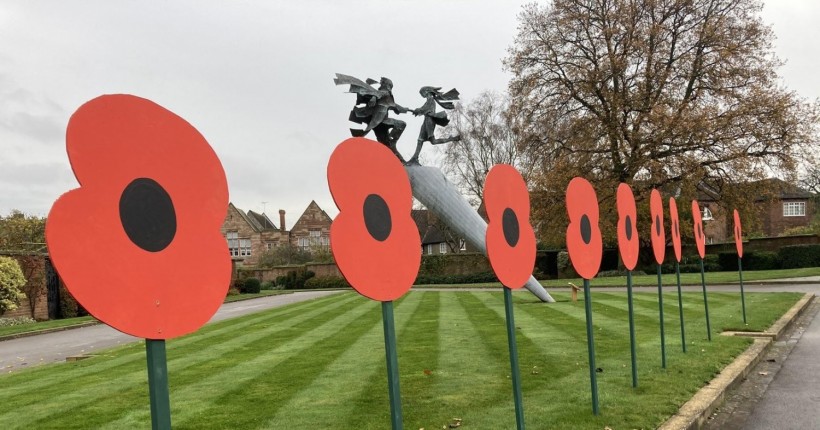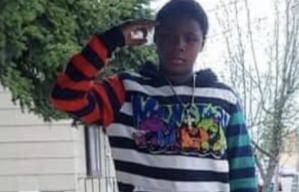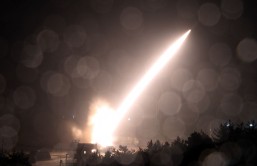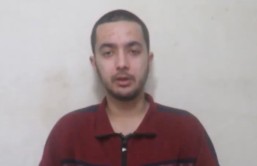
(Photo : An Insight Into Life at Repton School During World War II)
As one of the oldest schools in the UK, Repton is widely known for its fascinating history. The school opened in 1557 and, since then, has not only preserved its historic buildings, but also combined these with a host of new, state-of-the-art facilities. Repton encourages students to delve into the school's history, and its staff share fascinating stories that explore former students' and teachers' lives on campus.
In January, Repton's Librarian and Archivist Paul Stevens gave a virtual assembly on Repton's war history to mark Holocaust Memorial Day. Mr Stevens took students back in time to hear the stories of former student Ernst Rosenthal and former teacher Harry Grenville, both of whom arrived at Repton via Kindertransport during World War II.
Repton School's War Efforts
During the assembly, Mr Stevens introduced the initiatives that Repton took during World War II to protect children. First, the school accommodated pupils from King Edward VI School (Birmingham), who were evacuated to Derbyshire's rural villages to protect them against German bombing. Repton also welcomed evacuees from a Swiss school, who stayed in one of Repton's boarding houses (named Alpine at the time).
As many local farmhands were offering their services to the military, Repton's boys helped on local farms - tending to animals and gathering the harvest. Plus, each boarding house took turns to sit on the roof and watch for enemy planes and fires from incendiary bombs at night.
Once Repton had taken in evacuees, the school also received famous paintings from the Walker Art Gallery (Liverpool), which they protected and exhibited in Pears School for pupils and staff to enjoy during the war.
Ernst Rosenthal's Story
In 1939, just before the war, Repton's headmaster hosted an assembly for students and their parents. He explained his anticipations for the following years and his plans to welcome Ernst Rosenthal, a child from Berlin, to the school.
During Mr Stevens' virtual assembly, he read aloud the same speech that this historic Repton headmaster had given.
May I end by making an appeal which I do not think you will feel is out of place. I have tried to describe to you the surroundings and influences which are moulding your sons' lives. We should have to lose them in order fully to realise their value. The Jews in Germany have learnt the value of freedom and of opportunity to lead an intelligent healthy life, by having lost it.
I have been asked to give an education to a Jewish boy from Berlin. Very little can be found to pay for his education or his clothes. If he leaves Germany, he is penniless. The governors are going to give him an education here for nothing, but nevertheless, cost cannot be avoided. If he stays in Berlin, he cannot receive the training as an engineer, which at 16 he wants, because he is a Jew; he is fond of games but is allowed to join no athletic organisation for the same reason. He is strong and big and tall and so is in danger of going into a concentration camp.
I have promised that his necessities shall be found here. The collection in chapel tomorrow morning is to be devoted to the sponsors scheme for training candidates for the ministry. I shall allot £20 to that object. Everything above will go to start a fund for this boy whom we shall admit to Repton next term. Will you who know Repton as a second home for your sons help us to make it also a home for a stranger driven from his own country?
Kristallnacht
Kristallnacht is the name given to a night in 1938 when Nazis smashed the windows of Jewish businesses, homes, and synagogues, triggering a marked increase in anti-Semitic violence and persecution in Nazi Germany. Soon afterwards, German schools banned Jewish children from attending, and their fathers were taken to concentration camps such as Dachau. Parents queued outside embassies to get visas for their families to escape from Nazi persecution, bravely sending their children to foreign countries in the hope they would find safety.
Kindertransport
During the evacuation process, thousands of children from Germany, Austria, and Czechoslovakia took trains to the coast of Holland. They then boarded ferries to Essex and travelled by Kindertransport train links to Liverpool Street Station (London), where their new foster families collected them.
Kindertransport - named after kinder, the German word for 'children' - was a rescue programme established by the British Fund for German Jewry and many other organisations. Between November 1938 and August 1939, Kindertransport took 10,000 Jewish children from danger to safer countries. Mr Stevens reminded students of the Kindertransport sculpture that stands at this station today.
Rosenthal was one of the last children to escape Germany, just a few days before the outbreak of the Second World War. He arrived at Repton at the end of August 1939, aged 16. Repton made Rosenthal feel very welcome, and he exchanged many letters with his parents. In these letters, Rosenthal's parents told him they had escaped Berlin in 1941 and moved to New York.
Meanwhile, Rosenthal completed his education at Repton and got a job as a food chemist in the Birmingham Chemical Company. He repeatedly applied to immigrate from Britain to the United States and was finally successful in 1947. He joined his parents in New York and continued to work as a chemist until his death in 1992.
Although Rosenthal's parents made it to safety, his grandmother stayed in Germany and died in a concentration camp in 1943. Rosenthal could have faced a similar fate had it not been for the wonderful work of Kindertransport, the bravery of parents in sending their children abroad, and the generosity of the families and schools who supported these children once they got to England.
Harry Grenville's Story
Rosenthal wasn't the only Reptonian saved by Kindertransport. Harry Grenville, Repton's former Head of Biology (1963-1986), left Germany for Cornwall in 1939. His family had run a successful packaging company near Stuttgart until a member of Hitler's SS forcibly took over the business. At this point, Grenville and his sister were evacuated from Germany via Kindertransport. Though they were safe in England, they knew their parents and grandmother had been sent to an internment camp in Czechoslovakia as they exchanged brief messages through the Red Cross.
In 1944, when Grenville was 18, they received a final note from their father. The note said that the family was being sent 'east' - an ominous sign they were heading for the extermination camps in Poland. Years later, in 2013, Grenville saw a photograph of his father's suitcase amongst a huge pile of other suitcases in Auschwitz, leading him to identify when and where his family had lost their lives.
After the war, Grenville joined the British Army and trained as a German interpreter. He then worked with the administration of the German Prisoner of War camps in Britain, helping to rehabilitate and re-educate Nazi prisoners. He was granted British Citizenship in 1947 and became a biology teacher. Grenville went on to spend over 20 years of his long career at Repton, becoming a much-loved teacher with a moving history that still inspires students today.
Learn more about Repton's history and humanities departments.
About Repton School
As a historic, independent boarding school, Repton offers wide-ranging curriculums for pupils aged 3-18. The school encourages all interests and skillsets, moving beyond the traditional to also embrace future-facing subjects. Repton's blend of sixteenth-century and modern buildings offer the best of original and contemporary spaces for its 1,000 students, who achieve outstanding exam results, sports accolades, and individual success stories.
* This is a contributed article and this content does not necessarily represent the views of hngn.com








